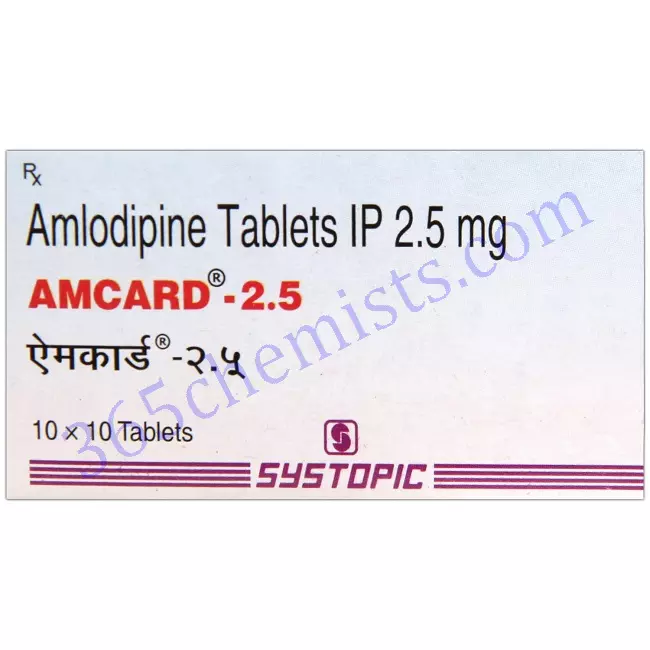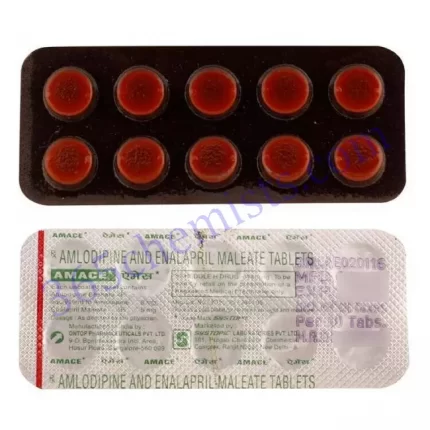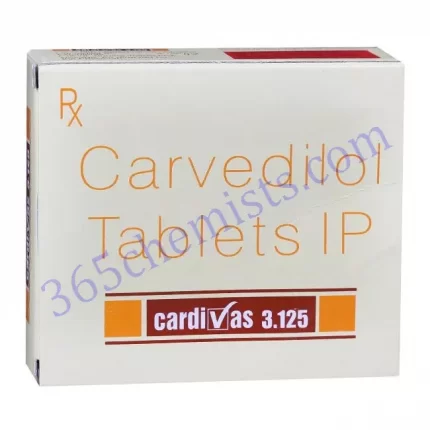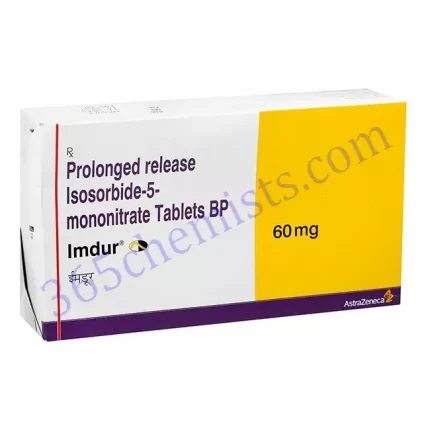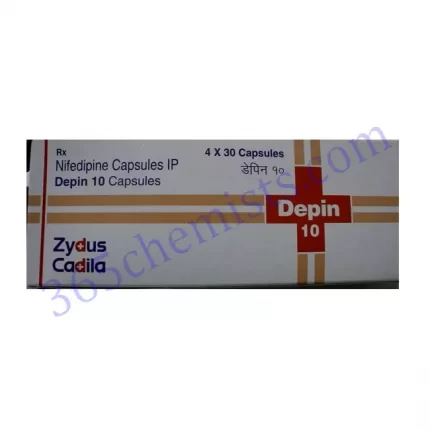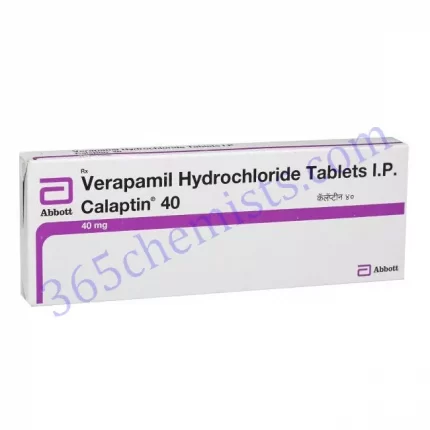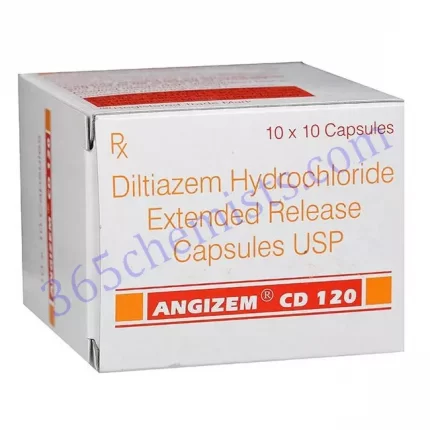INTRODUCTION
AMCARD contains Amlodipine which belongs to a group of medicines called calcium antagonists. It is used to treat high blood pressure (hypertension), chest pain due to narrowing of the blood vessels of the heart muscle (angina pectoris) or a rare form of chest pain due to cramping of the blood vessels of the heart muscle (prinzmetal or variant angina). It can be used alone or in combination with other medicines to treat these conditions.
High blood pressure usually occurs from blood pushing too hard against your blood vessels. Pain or discomfort that keeps coming back when part of your heart does not get enough blood is defined as angina.
Always take this medicine exactly as your doctor has directed you. It should be taken with a glass of water with or without food. Drinking grapefruit juice and taking grapefruit should be avoided while taking this medicine. Before taking it, tell your doctor know if you have any liver, heart, or kidney problems. Inform your doctor what other medicines you are taking, especially those used to treat high blood pressure or heart conditions. This medicine is not recommended for use in children aged under 6 years.
USES OF AMCARD
- High blood pressure (hypertension)
- Angina
HOW AMCARD WORKS
- High blood pressure: This medicine reduces blood pressure by relaxing blood vessels, so that blood passes through them more easily
- Angina: This medicine improves blood supply to the heart muscle which then receives more oxygen and as a result chest pain is prevented
Related Product
DIRECTIONS FOR USE
Always take this medicine exactly as your doctor has directed you. It should be taken with a glass of water with or without food. Drinking grapefruit juice and taking grapefruit should be avoided while taking this medicine.
SIDE EFFECTS OF AMCARD
SERIOUS
- Chest pain followed by shortness of breath or difficulty in breathing
- Swelling of eyelids, face or lips
- Skin rash, hives, reddening of the skin
- Inflamed pancreas
COMMON
- Oedema (fluid retention)
- Headache, dizziness
- Sleepiness
- Palpitations
- Abdominal pain
- Feeling sick (nausea)
- Altered bowel habits
- Diarrhoea
- Constipation
- Tiredness or weakness
- Visual disturbances, double vision
- Muscle cramps
- Swollen ankles
RARE
- Confusion
HOW TO MANAGE SIDE EFFECTS
Feeling sick (nausea) or indigestion:
Have simple meals and avoid eating rich or spicy foods.
Drowsiness or dizziness:
Get up and move around to feel awake, take small naps to edge off the sleepiness. Give your eyes a break to avoid fatigue and eat a healthy food to boost energy.
Diarrhoea:
Drink plenty of fluids to avoid dehydration. ORS should be used to prevent dehydration.
Constipation:
Add fruits, vegetables whole grains and other high-fiber foods to your diet.
WARNING & PRECAUTIONS
PREGNANCY
AMCARD is not recommended for use in pregnant women unless necessary. Discuss the risks and benefits with your doctor.
BREASTFEEDING
AMCARD is not recommended for use in breastfeeding women unless necessary. Discuss the risks and benefits with your doctor.
DRIVING AND USING MACHINES
AMCARD may cause dizziness, tiredness or headache. Do not drive or handle any machines while taking this medicine.
KIDNEY
AMCARD should be used with caution in patients suffering from active kidney diseases. Consult your doctor for advice.
LIVER
AMCARD should be used with caution in patients suffering from liver function impairment or active liver diseases. Consult your doctor for advice.
ALLERGY
Do not take if you are allergic or hypersensitive to Amlodipine or to any other ingredients in this medicine.
HEART DISEASE
AMCARD is not recommended in patients with severe heart disease. Consult your doctor for advice.
OTHERS
Tell your doctor if you have or had a condition such as,
- Unstable angina pectoris
- Severe low blood pressure (hypotension)
- Severe increase in blood pressure (hypertensive crisis)
INTERACTIONS
Inform your doctor if you are taking or have recently taken any other medicines, including medicines obtained without a prescription or the following:
- Any other hypertensives
- Verapamil, diltiazem
- Ketoconazole and itraconazole (used to treat fungal infections)
- Ritonavir
- Clarithromycin, erythromycin and telithromycin, rifampicin, rifabutin (antibiotics)
- Nefazodone (used to treat depression)
- Dexamethasone (used to treat inflammatory and autoimmune conditions)
- Dantrolene
- Simvastatin (cholesterol lowering medicine)
- Cyclosporine, tacrolimus (immunosuppressant)
- Phenobarbital, phenytoin and carbamazepine (used for epilepsy)
- Sildenafil (used for impotence)

